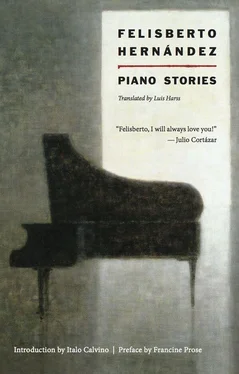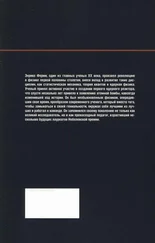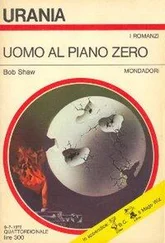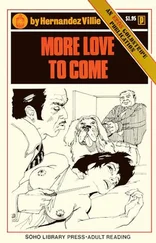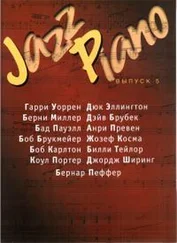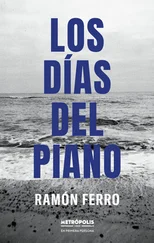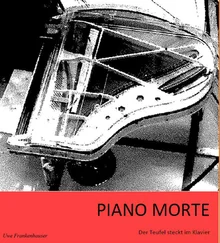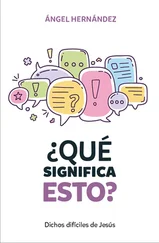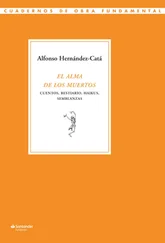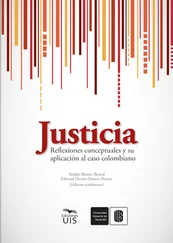Felisberto Hernandez - Piano Stories
Здесь есть возможность читать онлайн «Felisberto Hernandez - Piano Stories» весь текст электронной книги совершенно бесплатно (целиком полную версию без сокращений). В некоторых случаях можно слушать аудио, скачать через торрент в формате fb2 и присутствует краткое содержание. Год выпуска: 2014, Издательство: New Directions, Жанр: Современная проза, на английском языке. Описание произведения, (предисловие) а так же отзывы посетителей доступны на портале библиотеки ЛибКат.
- Название:Piano Stories
- Автор:
- Издательство:New Directions
- Жанр:
- Год:2014
- ISBN:нет данных
- Рейтинг книги:4 / 5. Голосов: 1
-
Избранное:Добавить в избранное
- Отзывы:
-
Ваша оценка:
- 80
- 1
- 2
- 3
- 4
- 5
Piano Stories: краткое содержание, описание и аннотация
Предлагаем к чтению аннотацию, описание, краткое содержание или предисловие (зависит от того, что написал сам автор книги «Piano Stories»). Если вы не нашли необходимую информацию о книге — напишите в комментариях, мы постараемся отыскать её.
Piano Stories
Piano Stories — читать онлайн бесплатно полную книгу (весь текст) целиком
Ниже представлен текст книги, разбитый по страницам. Система сохранения места последней прочитанной страницы, позволяет с удобством читать онлайн бесплатно книгу «Piano Stories», без необходимости каждый раз заново искать на чём Вы остановились. Поставьте закладку, и сможете в любой момент перейти на страницу, на которой закончили чтение.
Интервал:
Закладка:
After a few such meals I had gotten used to the objects on the table and learned to play the instruments to myself alone, but the remoteness of the guests still troubled me. When the “conductor” made his appearance on the second month I no longer believed his generosity was because his daughter had been saved: I insisted on supposing she had drowned. In my wayward thoughts, a couple of long, nebulous steps carried me down the few blocks that separated us from the river, where I pictured the girl floating just below the surface. A yellowish moon shone on her but at the same time her gorgeous dress and the skin of her arms and face were all bright white — a privilege due perhaps to her father’s wealth and his untold sacrifices on her behalf. I imagined the guests across the table from me, with their backs to the river, had also drowned: they hovered over their plates as if they were trying to come up to the surface from the bottom of the river. Those of us eating on my side of the table bowed in their direction but did not reach out to them.
Once during the meal I heard some words. A very fat guest said: “I’m dying,” and immediately his head rolled forward, into his soup, as if he were trying to drink it without a spoon. All the other heads swiveled to look at the one served up in the soup plate, and all the silverware stopped clicking. Then there was the sound of scraping chair legs, the servants carried the dead man into the hat room and made the phone ring to call the doctor, and before the body was cold everyone was back in place clicking and pecking again.
In those days I had begun to slow down at my job, sick with silence. I was sinking into myself the way you sink into a swamp. My colleagues at work kept bumping into me — I had become an aimless obstacle. The only thing I did well was polish my gold buttons. Once I heard a colleague say: “Move it, hippo!” The word fell into my swamp, stuck to me, and sank in. It was followed by other insults that piled up in my mind like dirty dishes. By then everyone avoided me, changing direction to stay out of my swamp.
Some time later I was fired and my foreign friend got me another job in a less elegant theater. Here the women dressed badly and there were no big tippers. Still, I tried to hang on.
But on one of my most miserable days something appeared before my eyes that made up for all my ills. I had been catching glimpses of it now and then. One night I woke up in the dark silence of my room and, on the wall papered with purple flowers, I saw a light. I suspected at once that something extraordinary was happening to me and I was not frightened. I moved my eyes sideways and the spot of light shifted with them. It was like the spot you see in the dark when you put out a lamp, but it lasted longer and you could see through it. I lowered my eyes to the table and saw my bottles and other objects. There could be no doubt: the light was coming from my eyes and had been developing for some time. I stared at the back of my hand and saw my open fingers. Soon I felt tired: the light dimmed and I closed my eyes. In a minute I opened them again to make sure I was not imagining things. I looked at the electric lightbulb and it lit up with my light — so I was convinced. I smiled to myself: who else in the world saw with his own eyes in the dark?
The light grew stronger every night. In the daytime I stuck nails all over the wall and at night I hung glass and porcelain objects — the ones I could see best — from them. In a small cabinet engraved — before my time — with my initials I kept goblets with strings tied to their stems, bottles with strings around their necks, frilly saucers with looped edges, teacups with gold lettering, and so on. One night I was seized by a terror that almost drove me mad. I had gotten up to see if there was anything left in the cabinet, and, before I could turn on the electric light, I saw my face and eyes in the mirror, lit with my own light. I fainted, and when I woke up my head was under the bed and I saw the metal frame as if I were under a bridge. I swore never again to look at that face of mine with its otherworldly eyes. They were greenish yellow eyes in which some unknown disease gleamed triumphant: glowing round holes in a face broken into pieces no one could put together or understand.
I stayed awake until the sound of the bones being sawed and hacked came in the window.
The next day I remembered that as I had made my way up the shadowy orchestra aisle a few nights before, a woman had caught my eye with a frown. On another night my foreign friend had made fun of my eyes, saying they shone like cat eyes. Now I began to watch for my face in dark store windows, where I could ignore the objects behind the windows. After much thought, I had decided I ought to use my light only when I was alone.
At one of the free dinners, before the host appeared in the white doorway, I saw the darkness through the half-open door and felt like penetrating it with my eyes. So I began planning a way to get into that room, where I had already detected glass cases loaded with objects that intensified the light in my eyes.
The hall leading from the street into the dining room was actually the back entrance to a house that stretched clear across the block and had its main entrance on another street. The only person you ran into in the back entrance at that time of day — by now I had seen him more than once on my walks up and down the street — was the butler, who had an apelike way of lumbering toward you with bow legs and flap arms, although seen from the side in his stiff tails he looked more like a stuffed bird. One afternoon, before dinner, I dared to address him. He watched me from under thick brows as I said:
“There’s something I’d like to discuss with you. But I must ask you to keep it to yourself.”
“At your pleasure, sir.”
“It’s just that” — now he waited, staring at his feet — “I have a light in my eyes that allows me to see in the dark.”
“Indeed, sir, I understand.”
“How could you understand?” I was annoyed. “You can’t ever have met anyone capable of seeing in the dark.”
“I said I understood your words, sir. But of course I find them amazing.”
“Well, listen: if we go into that room — the hat room — and close the door, you can take any object from your pocket and put it on the table and I’ll tell you what it is.”
“But what if someone comes in, sir?”
“If by someone you mean the host, you have my permission to tell him everything. Do me the favor: it will only take a minute.”
“But what for?”
“You’ll soon find out. Put anything you want on the table when I close the door and I’ll tell you. .”
“Just make it quick, sir, please. .”
He hastened in, straight to the table. I closed the door. The next moment, I said:
“That’s only your open hand!”
“Alright, you’ve proved your point, sir.”
“Now pull something from your pocket.”
He produced his handkerchief and I laughed and said:
“What a dirty handkerchief!”
He laughed, too — but suddenly let out a squawk and made for the door. When he opened it he had a hand over his eyes and was trembling. I realized then he had seen my face — a possibility I had not anticipated. He was pleading:
“Go away, sir! Go away!”
And he started across the dining room, which was already lit but empty.
The next time the host ate with us I borrowed my friend’s place near the head of the table, where the host sat: it was the area served by the butler, who would not be able to avoid me. In fact, when he was bringing in the first dish he felt my eyes on his, and his hands began to shake. While knives and forks made the silence throb, I kept up my pressure on him. Afterward I ran into him in the hall. He began:
Читать дальшеИнтервал:
Закладка:
Похожие книги на «Piano Stories»
Представляем Вашему вниманию похожие книги на «Piano Stories» списком для выбора. Мы отобрали схожую по названию и смыслу литературу в надежде предоставить читателям больше вариантов отыскать новые, интересные, ещё непрочитанные произведения.
Обсуждение, отзывы о книге «Piano Stories» и просто собственные мнения читателей. Оставьте ваши комментарии, напишите, что Вы думаете о произведении, его смысле или главных героях. Укажите что конкретно понравилось, а что нет, и почему Вы так считаете.
